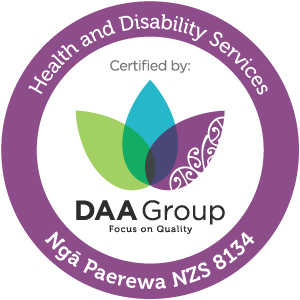Video Services
Video Production for the Health Sector
Video has become an essential tool to capture audience attention, as well as to inform and educate. Mobile Health works closely with a range of health organisations, using both live and recorded video productions to reach the health professionals in rural communities. Our goal is to use video to support rural health professionals to overcome challenges of professional isolation.
Experience in Health, Knowledge of Rural
Mobile Health has been delivering live video productions since 2002. The health sector has a number of sensitivities, especially when filming patients and surgery, through this experience we have acquired the creative and technical capability to produce a wide range of video services for the health sector. As a company we have a very clear focus on rural, and have developed a good understanding of what videos will, and won’t work for a rural audience.
Live Video Productions
Where immediate audience interaction is required then we will broadcast live. From live surgery to rural health education sessions, we frequently provide single camera and multi-camera productions distributed through private video links, live streaming and/or webinars.
- Live surgery
- Live streaming
- Webinars
- Conference
Recorded Video Productions
We complete the full range of video productions, from single camera interviews, to multi-camera filming and editing. We are equally happy creating a punchy 30 second social media clip, to a 60 minute fully scripted and acted production.
- Interviews
- Conference presentations
- Training & education videos
- Intros & promotional videos
Live Video Production
Live Surgery
Live Streaming
Webinars
Conferences
Recorded Video
Interviews in the Field
Interviews at Events
Conference Recording
Documentary Style Videos
Where We Started – Broadcasting Surgery Live
In the early days of the surgical unit broadcasting live surgery was a integral to the service. The surgical unit was equipped with a wide range of broadcast equipment including ceiling mounted cameras, wireless microphones, and large video screens. Remote participants such as other surgeons could control the onboard cameras to view the theatre and surgery, and they could discuss the procedure being undertaken.
As the surgical unit moved to focus on more routine operations in rural New Zealand, the video service was expanded to broadcast live surgery from throughout the world. New Zealand is very distant to the rest of the world so surgery from countries such as the United States was frequently broadcast back to surgical colleagues in New Zealand.
An early demonstration in 2002 saw a Brisbane surgeon in Australia acting as a ‘virtual’ assistant to Christchurch colleagues in New Zealand during a laparoscopic nephrectomy, which is the removal of a kidney.

© Mobile Health Group
Website by Qora Health Branding


